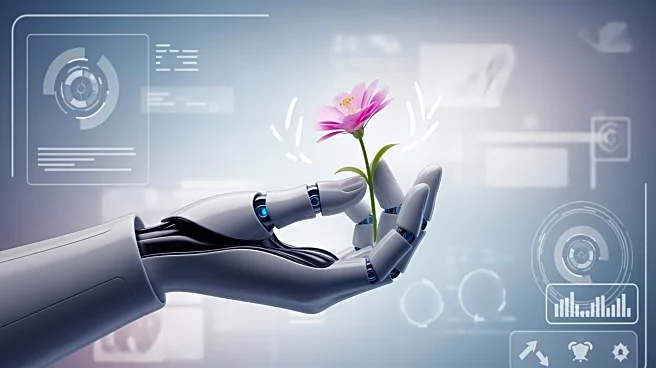What's Happening?
As government services increasingly rely on AI and automation, the importance of empathy in system design is highlighted. Automated systems can streamline processes but risk losing the human touch. The article emphasizes the need for empathy checkpoints
in automation, ensuring decisions that could cause harm are reviewed by humans. It calls for transparency, appeal processes, and empowering frontline workers to challenge algorithmic decisions.
Why It's Important?
Automation in government can improve efficiency but must be designed to preserve empathy and human discretion. Ensuring systems are empathetic protects vulnerable populations and maintains the integrity of public services. The focus is on balancing technological advancement with compassion, ensuring government services remain humane and responsive to individual needs.
What's Next?
Governments are encouraged to integrate empathy into AI system design, using qualitative feedback to inform decision-making. The emphasis is on building systems that recognize complexity and route cases for human review when necessary. The goal is to create a government that is both efficient and compassionate, leveraging AI to enhance service delivery while preserving human judgment.
Beyond the Headlines
The article explores the ethical dimensions of automated government systems, highlighting the risk of depersonalization. It calls for a cultural shift in government technology, prioritizing empathy and human-centered design. The long-term vision is a government that uses AI to anticipate needs and personalize outreach, while maintaining the human touch.














